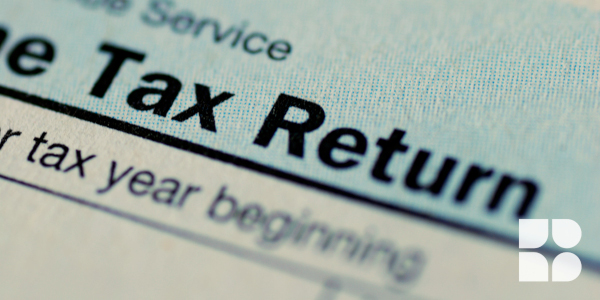How to Use Your Tax Refund in 2024
 Happy New Year! If you’re expecting a tax refund this year, a question is probably brewing in your mind.
Happy New Year! If you’re expecting a tax refund this year, a question is probably brewing in your mind.
That is, what do you do with the money?
The average refund in 2023 was $2,753. If 2024 is anywhere close, your refund could go a long way to paying off debt or adding to your investment portfolio.
But that brings us to the next question. How do you choose between paying down debt or building your investments?
In today’s blog, we’ll give you some things to consider so you can make the best choice. Let’s go!
Financial Goals
The first thing to consider is your financial goals. You’ll want those nailed down before making any major decisions.
Once your goals are set, it may be wise to run them by a financial planner or tax professional to ensure they are the best approach for your overall situation.
Whether or not they are depends on a few factors. Let’s look at those now.
Debt factors
The type, amount, and interest rate on your debt are the three biggest considerations in determining if you want to put tax refund money toward it.
Unsecured consumer debt (think credit cards) is always a good candidate for a paydown. That’s because the high interest rate makes it difficult to pay them off. But if you can throw a chunk of cash at this beast, you can seriously wound it or kill it altogether.
Student loans are another good candidate. Though they don’t have the double-digit interest of credit cards, they can be considerable.
Mortgages are on the table, too. Especially if you are close to paying yours off. A paid mortgage is like giving yourself a pay raise of hundreds, even thousands of dollars.
If you’re having trouble deciding which debt to pay first, try a method like the debt snowball or the debt avalanche. These take the guesswork out of paying down debts and provide a simple structure to follow.
Once you have debt under control, then it’s time to think about growing your money.
Investing your tax refund
Of course, you can forego debt payments and invest your money. If that’s your chosen course, you’ll want to determine two things.
First, you’ll want a return on your investment that exceeds the interest rate on any debt you may have.
For instance, if you have credit card debt at 20%, your investment will have to be 21%. That’s a high bar to reach without involving too much risk. But if you have a mortgage at 3% interest, finding an investment that beats that is not difficult.
You’ll also want to keep inflation in mind. It’s hard to predict, but you can look at historical averages to determine if your investment idea would beat those.
One last idea
If you can’t meet both criteria, you may want to consider building an emergency fund if you haven’t done so already.
This is a bank account with three to six months of living expenses. It can be used for unplanned events like a job loss or major vehicle repairs.
Just be sure not to invest the money. It’s an insurance policy, and you don’t want to risk it. Also, you’ll want quick access to it if needed.
The Bottom Line
No matter how you approach it, a tax refund is an excellent opportunity to build wealth. Whether that means paying off debts or investing, you stand a great chance of making money off it for years. Happy planning!